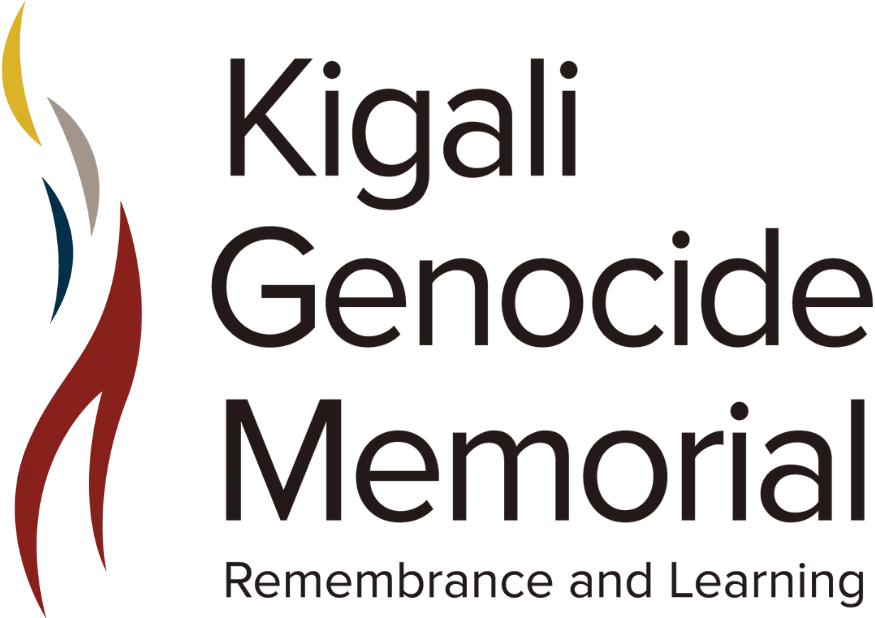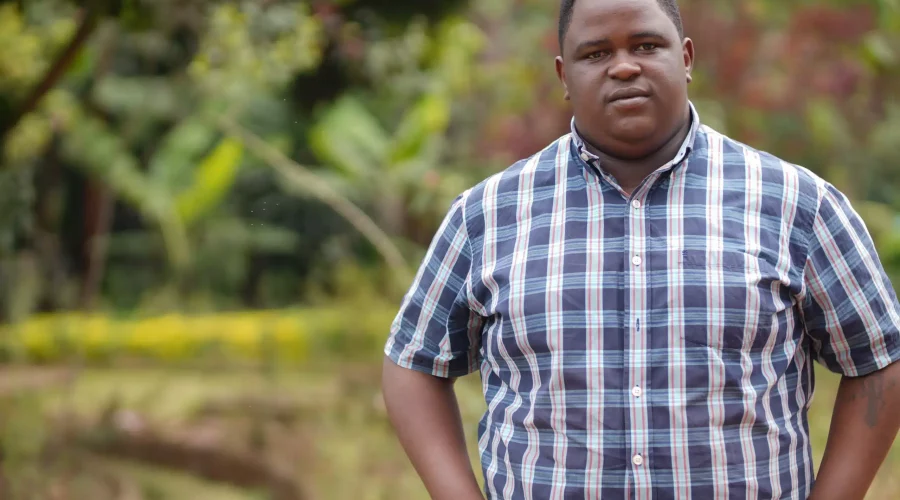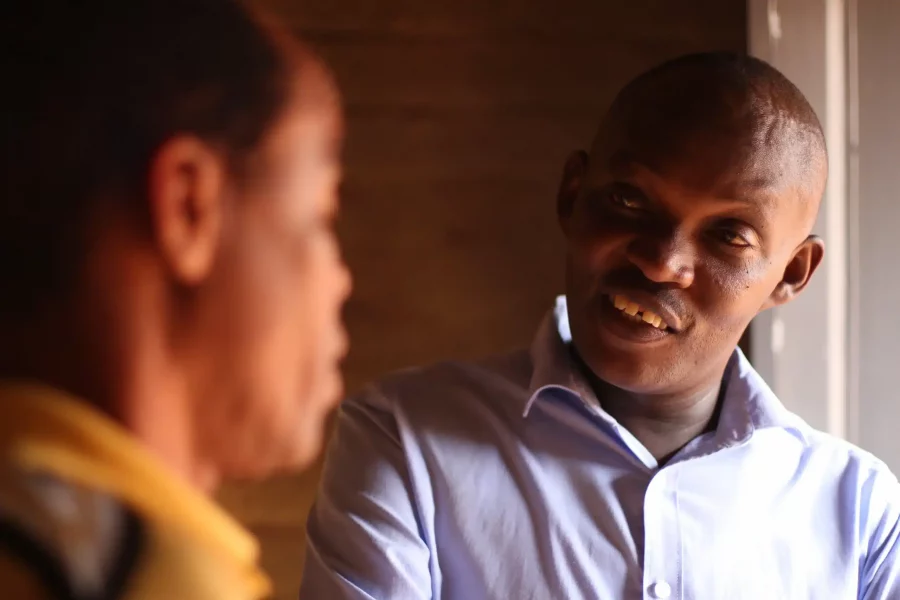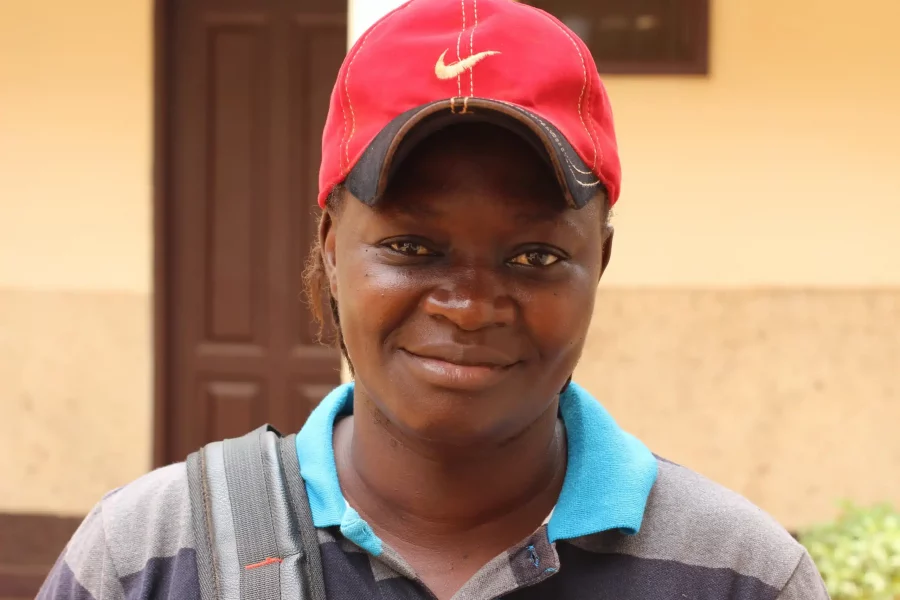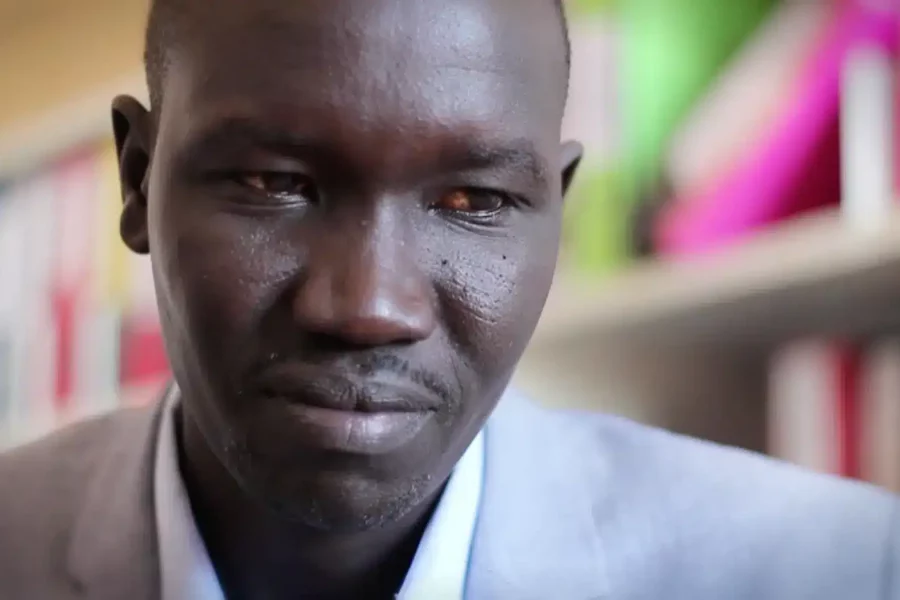“I used to consider myself a victim of the genocide because my mum was Tutsi and lost many members of her family,” he says. “For 18 years I didn’t know if my father was alive or dead.” Then, for the first time, they met in the Congo.
“I asked, “Why don’t you come back to Rwanda?” He said, “I’m afraid they might put me in a jail. During the genocide I was in charge of security in our area.” My mum told me it was not just him. My uncle was killing people every day, then coming home and telling my mother and brother, “I’m keeping you as dessert. I will kill you on the last day of the genocide when we’re washing our guns.”
Mekha credits formal learning about genocide with expanding his horizons. “You learn to ask, how do we avoid another genocide happening? You learn it’s not only an event in the past, but a probability in the future if you don’t contribute to prevention.”
Discovering his father’s role left Mekha with a lot to process. “To heal, you first have to acknowledge your pain. If you want to cry, you cry. If you want to talk, you talk. But in your heart, healing needs purpose, and if you don’t have love, you’re not healing.”
His first response on learning the story of his father and uncles was anger. “Why would you take a decision to kill people and be part of a bad history? But I realised my anger was not helping in terms of healing or reconciling with other people. The hardest thing was to leave my comfort zone of always feeling like a victim. Then to accept my story and share.”
Learning to do this gave him a valuable sense of belonging. “The greatest achievement in healing, personally, I think, is the fact that I can sit with people who survived the genocide, who contributed to the genocide, and I don’t feel I’m falling apart. I feel like I belong here,” he says.
“Rwanda to the World is a sign of faith, hope and courage. Rwandans committed the genocide. We started it. We ended it. We had to build the nation again. The World needs to learn from Rwanda that everything is possible.”
